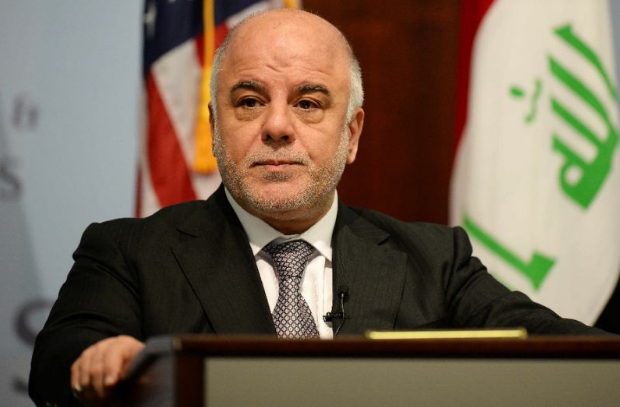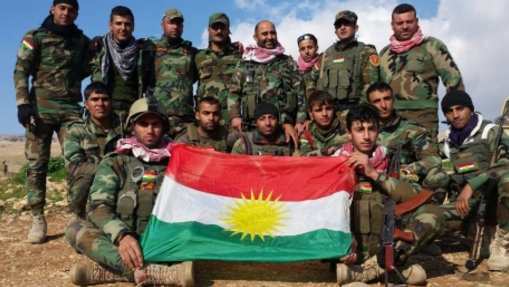Iraq Launches Offensive to Take Back Mosul
October 27, 2016
The city of Mosul, located on the banks of the Tigris River, is home to over two and a half million people and is the second largest city in Iraq. On June 10th, 2014 this immense city fell to ISIS. And it has remained in ISIS hands to this day.

In a momentous announcement, Iraqi Prime Minister Haider al-Abadi announced on state television the start of the military operations to take back Mosul. “These forces that are liberating you today, they have one goal in Mosul which is to get rid of Daesh [ISIS] and to secure your dignity,” Prime Minister Haider al-Abadi said. “God willing, we shall win.”
The Prime Minister’s announcement on Monday, October 17th started the long military campaign to take Mosul back. The Iraqis are not alone in their fight, however as Kurdish forces and other local militias make up a US-backed coalition that aims to defeat ISIS. In what has been called the largest operation in Iraq since 2011, some experts predict that it will take months for the city to fall. In this strenuous process civilian casualties are expected.
From a humanitarian perspective, the international community is bracing for the worst. The United Nations expects this conflict to displace between 200,000 people and in the worst case one million refugees. Camps set up to provide for these refuges are insufficient as they can only hold around 100,000. The aid community also fear that ISIS will use the civilians as human shields in the same way the terrorist group Hamas did. And if the civilians are able to escape being used as a human shield, they still need to avoid sniper fire, landmines, and other explosives.

Another obstacle for the coalition is their unity. The coalition includes around 25,000 troops from the Iraqi army, the Kurdish peshmerga, Sunni tribal forces and Shiite militias. These groups have historically mistreated one another, so who specifically takes control of Mosul is extremely important. Recently Shiite militia forces have been accused of civilian abuse in operations taken place with majority Sunni populations of Iraq. Additionally, the Kurds make the situation complicated with Turkey. As they gain more and more territory Turkey might get nervous and attempt to grab land to stop them from approaching her borders.
The United States is providing air support, artillery and special forces to help advise the Iraqis. Retired General David Petraeus, who oversaw the surge in Iraq and has experience with taking Mosul said; “The Islamic State fighters in Mosul are dead men walking, and I think they increasingly know it.” In multiple TV interviews with ABC News and Fox News, he has expressed confidence in the success of the mission, but also concern with what will happen after Mosul falls. Petraeus when talking about the difficulties of governing Mosul noted, “There are a lot of grievances…there are Sunni Arabs, Shia Arabs, Turkmen. There are Kurds from three different political parties. You’ve got Yazidis, Christians, Shabak. A lot of grievances, scores that may be settled.” For now these rival factions fight for the common cause of defeating ISIS, but once Mosul falls the inter-faction violence will continue.
This offensive will not be completed before the US election, so the role that the US plays after Mosul is still in limbo. Critics have argued that President Obama botched the process of creating a democratic government in Iraq years ago. Only time will tell what his successor will do; as over two million people are stuck in the crossfire. Meanwhile the Obama administration winds down as Iraq is a nation divided and still at war.






